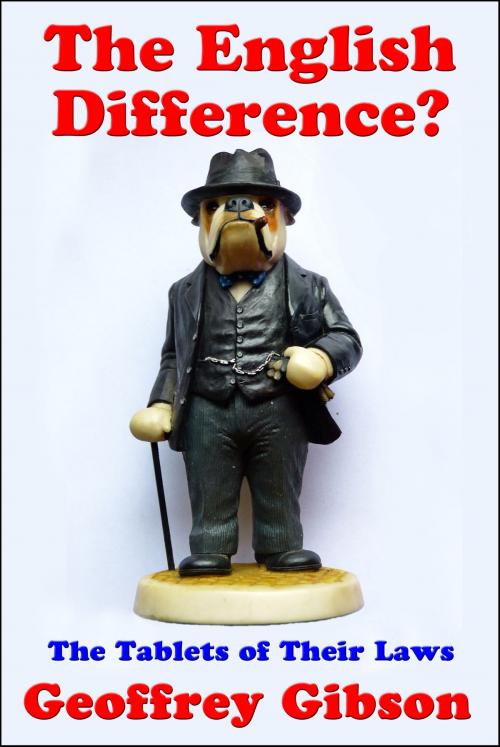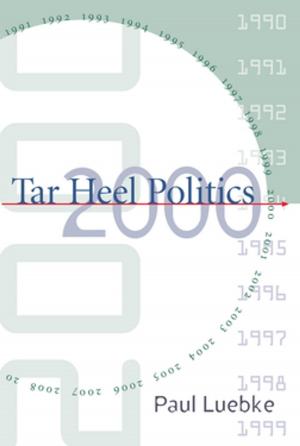| Author: | Geoffrey Gibson | ISBN: | 9781311210418 |
| Publisher: | Geoffrey Gibson | Publication: | June 13, 2014 |
| Imprint: | Smashwords Edition | Language: | English |
| Author: | Geoffrey Gibson |
| ISBN: | 9781311210418 |
| Publisher: | Geoffrey Gibson |
| Publication: | June 13, 2014 |
| Imprint: | Smashwords Edition |
| Language: | English |
Why are the English so different to and difficult for Europe? A history of the English constitutional story from Anglo-Saxon times to now for the general public or for lawyers. Germans (410-1066) deals with Anglo-Saxon kings and dooms up to the Conquest. The English did not, like the rest of Europe, accept Roman law. Barons (to 1399) covers Magna Carta, on which most subsequent English legal history is just a commentary, and the birth of Parliament and a legal profession. Protestants (to 1603) sees English Home Rule, which legal historians underrate, and the rise of Parliament and the judges. Gentry (to 1776) shows a century of conflict where the Stuart kings faced king-breakers from hell like Cromwell, leading to the Bill of Rights, which the Americans sent back as the Declaration of Independence. Shopkeepers (to 1911) sees parliamentary party democracy as we know it after the crisis of the People’s Budget of Lloyd George and Winston Churchill. Women (to 2014) covers universal suffrage, the accession of women and workers, and the current development of the rule of law. Reference throughout is made to the present, and to events in Europe and the U S. The author is not British, but he has written extensively on the history of law and ideas. The book of 48,000 words is fully annotated.
Why are the English so different to and difficult for Europe? A history of the English constitutional story from Anglo-Saxon times to now for the general public or for lawyers. Germans (410-1066) deals with Anglo-Saxon kings and dooms up to the Conquest. The English did not, like the rest of Europe, accept Roman law. Barons (to 1399) covers Magna Carta, on which most subsequent English legal history is just a commentary, and the birth of Parliament and a legal profession. Protestants (to 1603) sees English Home Rule, which legal historians underrate, and the rise of Parliament and the judges. Gentry (to 1776) shows a century of conflict where the Stuart kings faced king-breakers from hell like Cromwell, leading to the Bill of Rights, which the Americans sent back as the Declaration of Independence. Shopkeepers (to 1911) sees parliamentary party democracy as we know it after the crisis of the People’s Budget of Lloyd George and Winston Churchill. Women (to 2014) covers universal suffrage, the accession of women and workers, and the current development of the rule of law. Reference throughout is made to the present, and to events in Europe and the U S. The author is not British, but he has written extensively on the history of law and ideas. The book of 48,000 words is fully annotated.















